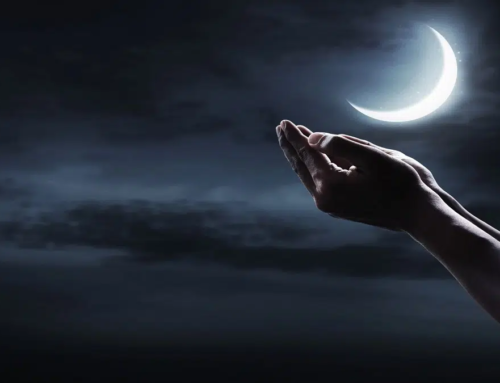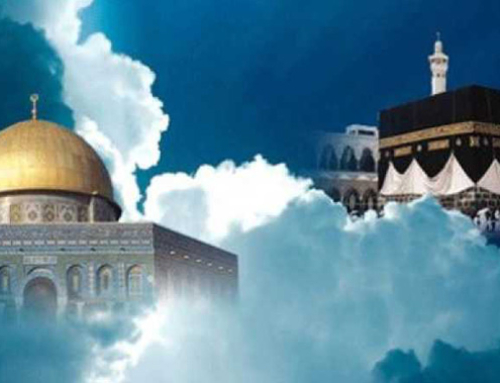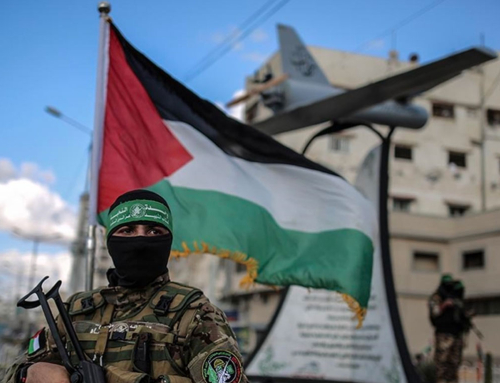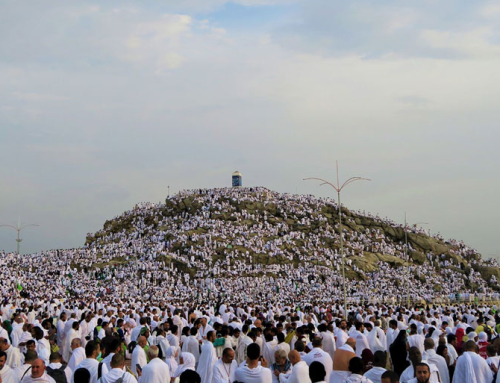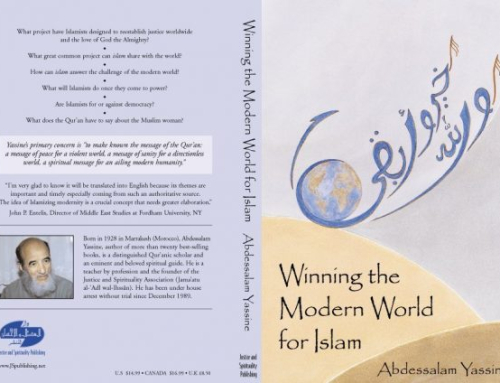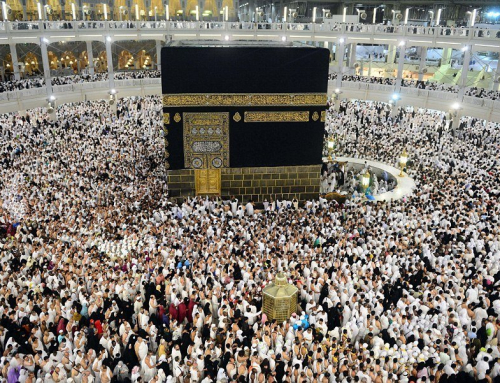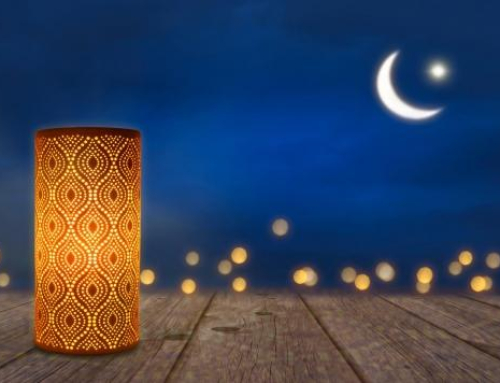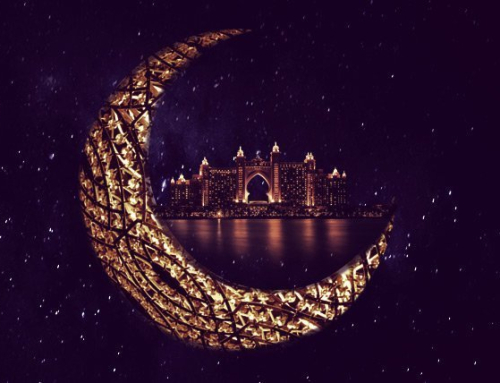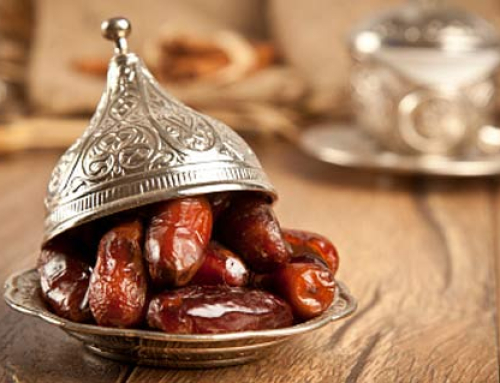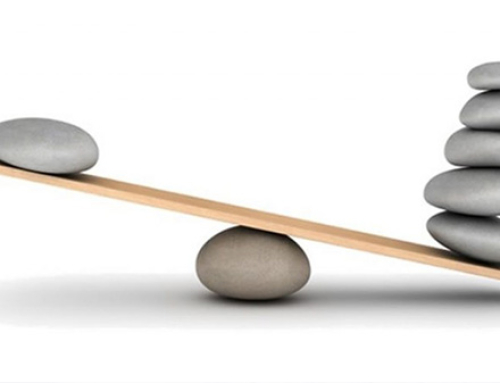Mounir Birouk
February 6, 2018
We are helpless beings. Since the very first moments of our existence in this world till the last of our breaths in it, we live in a state of dependency and vulnerability. Indeed, everything in this world reminds us of our lacks, incapacities and imperfections. That is why we always turn to our fellow human beings and to other creatures in this world for sustenance, support and help. However, we soon realize that other creatures are also poor beings who who own things and lose them, who rise and fall, and who live and perish. Whether they admit it or not, all creatures are by necessity in constant need for the Sustainer Who created them in the first place: (for man was created weak) [4:28].
Believers recognize their constant need for God the Almighty, and contrast their sheer weakness with His absolute might. Believing men and women know that they are poor, sinful, incapable and invalid creatures who are in constant need of the Creator Who is absolutely rich, forgiving and mighty. They know that, and they read it in the Qur’an: (O People, you stand in need of God- God is self-sufficient and he is praiseworthy) [35:15]. Indeed, one cannot be a believer without recognizing and feeling his and her absolute need for the Owner of that which lies between the earths and the heavens.
But lordly men and women (rabbāniyyūn) live and experience the inner state of poverty and need for God, and they do not merely believe in it and know it as common most believers commonly do. Poverty (iftiqār) in this sense is an inner state of the soul which the pious believer feels both in the state of weakness as well as in that of achievement and worldly success. In a world where everything calls the human being to unleash his/her ego and be himself or herself, this inner state in which the person shows- in deeds before words- his/her poverty and absolute need to the sustenance of his or her Creator is precious and rare. It is precious even among practising believers who pray and fast and do good deeds. Hearts which bow in humility before their Lord are today a rare commodity. The state of humility before God and the profound feeling of one’s helplessness is the core of worship. Without this state of the heart, worship risks to become a mere habit (`ādah). In a hadith qudsi (divine hadith), God said: “I am with the broken-hearted for my sake”.
But does not this state of humility and poverty before God the Almighty undermine the values of self-esteem, positive attitude and outgoing character? Humility is an inner state wherein the human being acknowledges and deeply feels that he is not the maker and the doer. Were it not the graces of God, he would accomplish nothing. It is an inner state of gratitude which calls upon the human being to attribute things to whom they are due. There is a fine thread between reasonable self-esteem and positive attitude on the one hand and between this heart-centered attitude of poverty on the other. Unrestrained self-esteem breeds arrogance, egoism and self-sufficiency; and piety and spiritual humility which are abstracted from the divine call to walk on the earth and explore its wonders and mysteries is breeds apathy and idleness. The hard but not impossible equation is to strike balance between these extremes.
Pious men and women from this Ummah used to say: “put the world (dunya) in your hand not in your heart.” But nothing in my view best illustrates this rare and precious attitude of the heart than the story of Moses with the two daughters of Shuʿayb (Jethro in the biblical literature) peace be upon them both. The Qur’an tells us that upon fleeing Pharaoh, Moses- the prophet of God- peace upon him encountered two young women who could hardly water their sheep before other shepherds water theirs.
(And when he arrived at the water of Madyan (Midian) he found there a group of men watering (their flocks), and besides them he found two women who were keeping back (their flocks). He said: “What is the matter with you?” They said: “We cannot water (our flocks) until the shepherds take (their flocks). And our father is a very old man) [Q. 28:23].
Because of his positive behavior and chivalry, the prophet of God intervened and helped the two young women watering their flock then:
(He turned to a shade and said, “my Lord, I am in need of whatever good you send down to me)
The story goes on to tell us that the two ladies turned backed to their father asking him:
(O my father! Hire him! Verily, the best of men for you to hire is the strong, the trustworthy)
How to combine the virtues of competence and trust with the state of modesty and lordliness is the equation which the shortens the way of the believer to God the Almighty and which would make again the Ummah the best of communities which have been sent to humanity.



